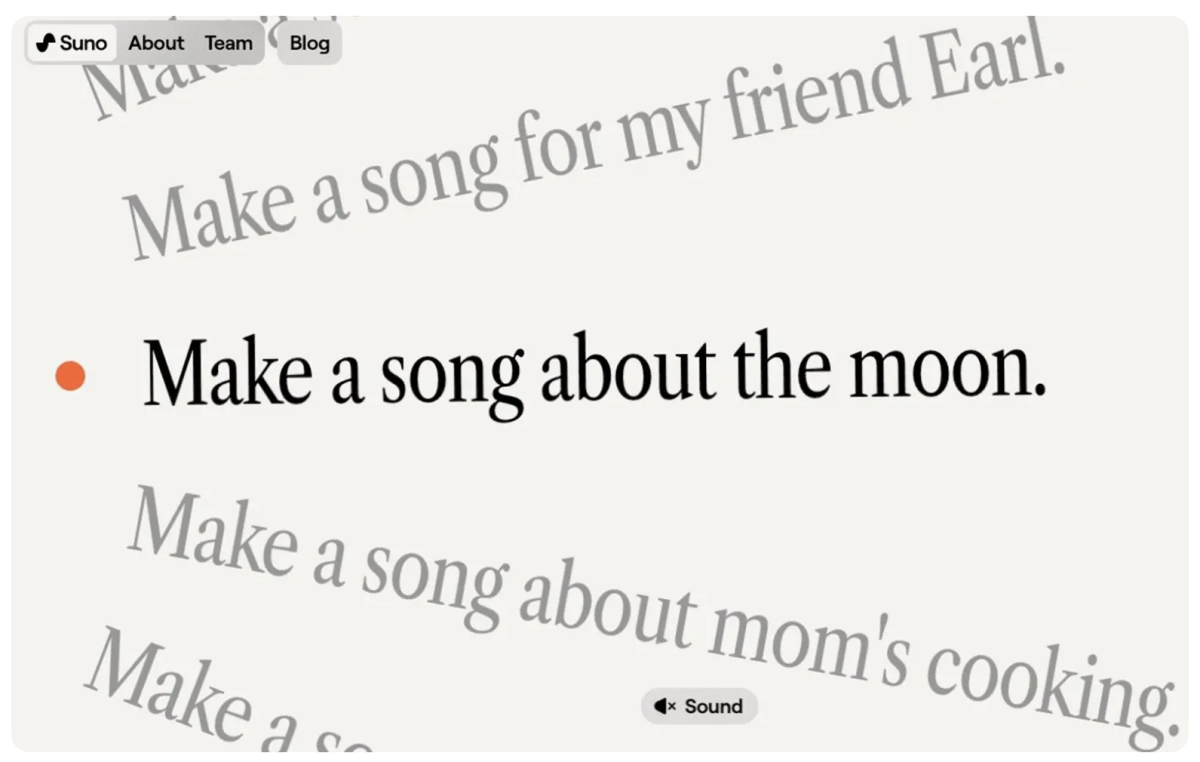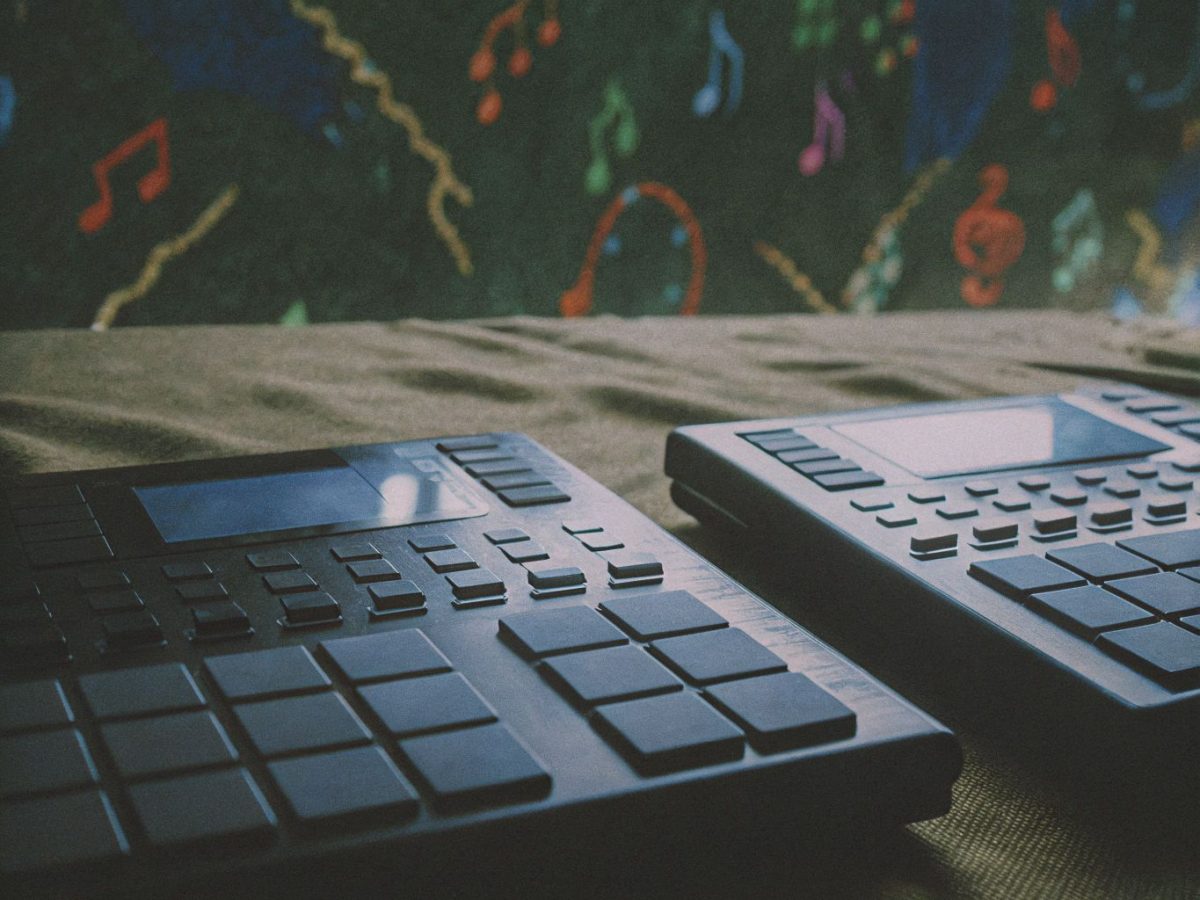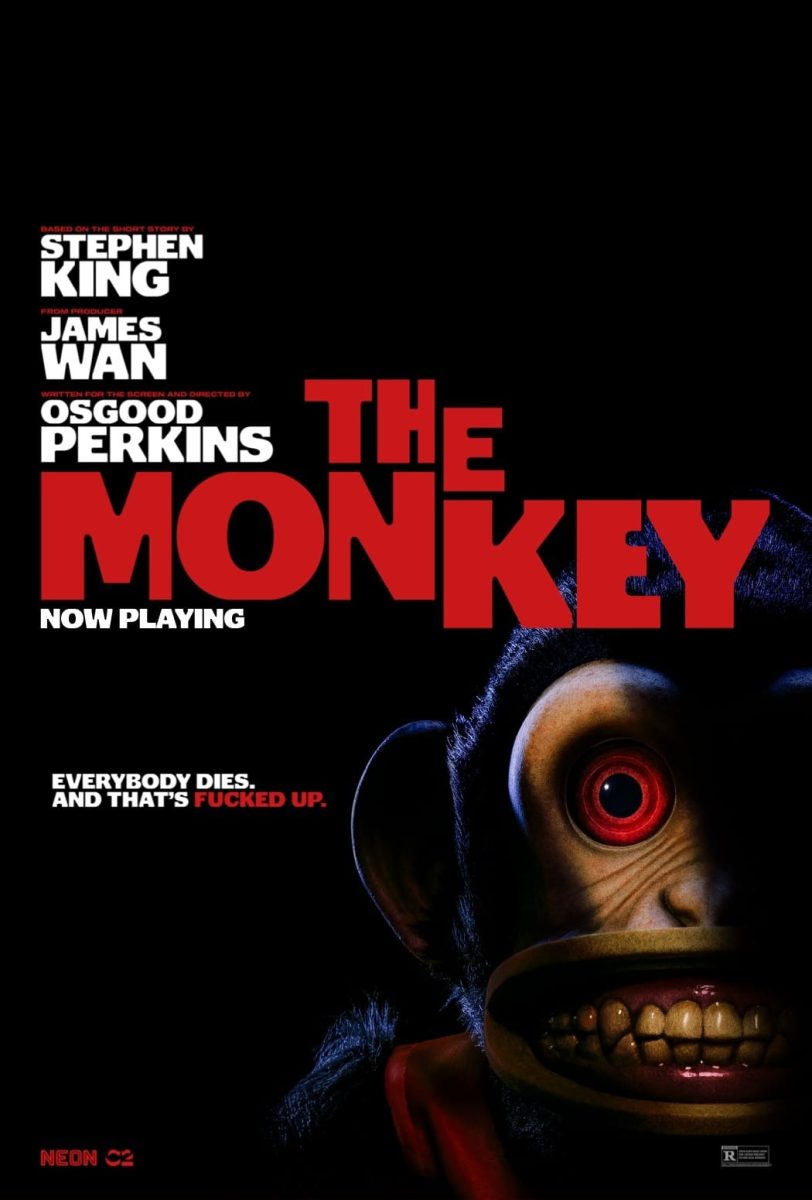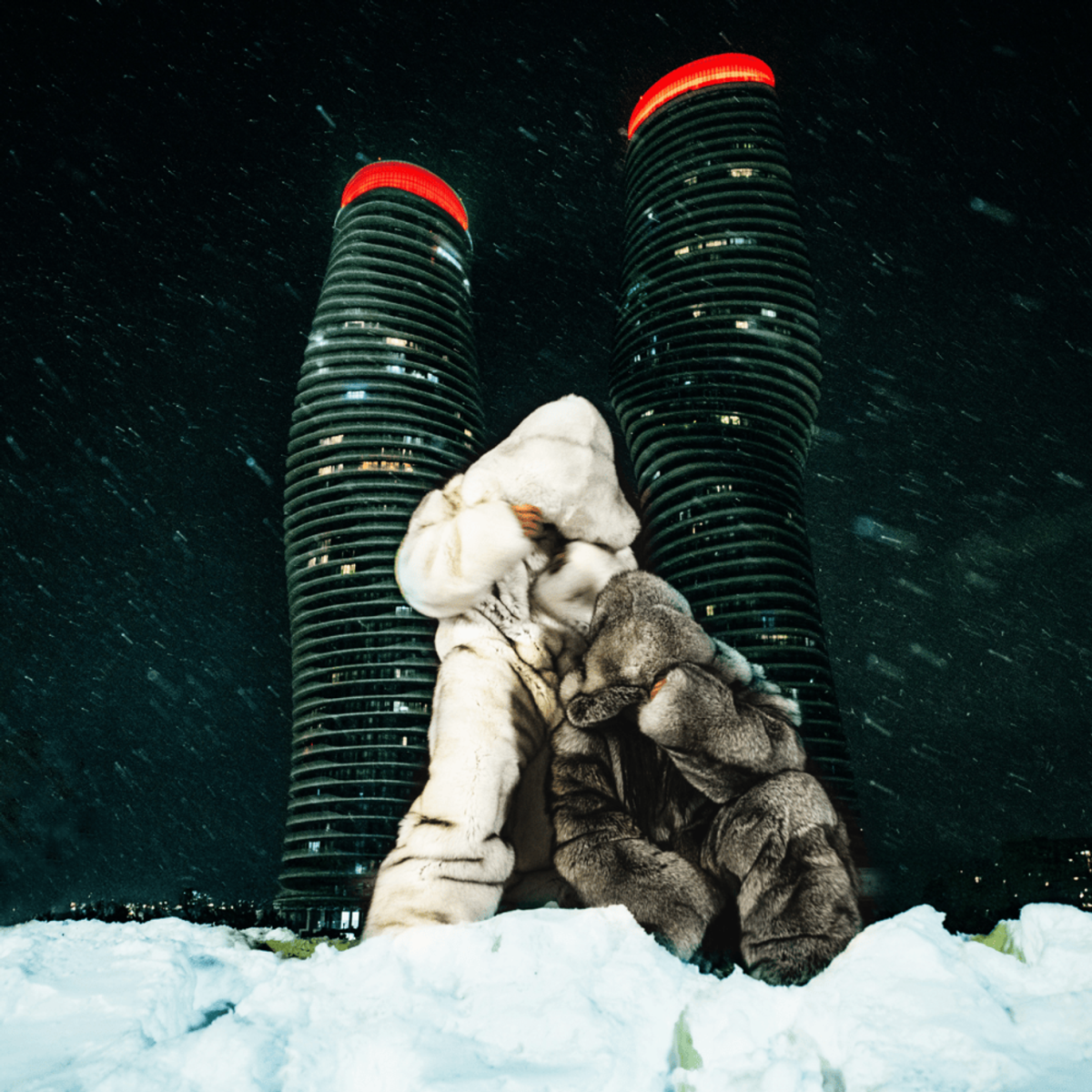When you think of music and AI, what comes to mind? Something like DJ R-3X, the Droid DJ in Oga’s Cantina at Disneyland.
AI doesn’t look like that exactly but when you see the capabilities that a program like Suno AI can do, it will leave you with a lasting impression.
Suno AI is a controversial new website that generates songs in full from lyrics that are text prompts with melodies in a matter of seconds.
There are arguments over AI’s role in art, Suno has been the epicenter of a revolution that’s equal parts thrilling and equal parts unsettling.
Suno, which means (Hindi for “listen”) was launched in 2022 by former OpenAI engineers and uses neural networks that have been trained on millions of songs across all genres.
You provide it with labels like a 1970s funk ballad about climate change or a pop song with a chant and the AI creates absolutely everything from guitar riffs to vocal harmonies.
Where Suno really shines, has to be in customization.
Maya Chen, a user of Suno from Toronto stated on Reddit, “I created a lullaby in my deceased mother’s voice from old home videos,” she said.
Ethically questionable no doubt but you can’t deny AI’s emotional possibilities that also come with a Pandora’s box of issues.
First hearing about Suno from Iconic producer Timbaland on his Twitch stream he has emerged as AI music’s biggest evangelist, hailing Suno as a real divine tool for creators.
“God introduced me to this amazing tool,” he said to Rolling Stone, casting Suno as a heavenly collaborator, not a destroyer of human creativity.
While a handful of critics view AI-generated music as soulless, Timbaland differs saying, “AI has a clean soul it doesn’t carry ego or baggage, just pure creativity,” he said.
He has already employed Suno to produce experimental singles, blending AI-generated vocals with his signature bass line rhythms.
Timbaland has stated in his Twitch stream that this new technology can help up-and-coming creators, “A kid in a basement can now match up with studios”
Universal Music Group and other labels sued Suno in 2024 for allegedly scraping copyrighted music from its training data.
But Timbaland is not apologizing for that one bit his stance has split the industry, with some praising his futurism and others accusing him of normalizing theft.
At the center of Timbaland’s vision is Suno’s “deconstruction” feature, which pulls out and reworks elements of other songs.
His new AI remix contest challenges producers to remix his 2007 hit, Give It to Me, with prizes such as mentorship. “It’s not to replace us,” he said, “it’s to take what a producer can be to the next level.”
Timbaland’s partnership with Suno points to a larger issue.
Can AI exist alongside human creativity? Will it devalue music’s cultural worth?
Suno is a fork in the road for music a tool that’s either empowering or exploitative, depending on whom you ask.
While it’s not likely to take our chart-topping pop stars off the top of the charts just yet, its rapid evolution gets us thinking about creativity itself.
In this new world of music, the longest-running song could just end up being the conversation between what’s human and what’s not.










